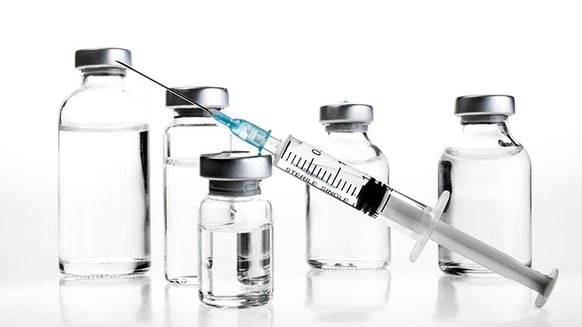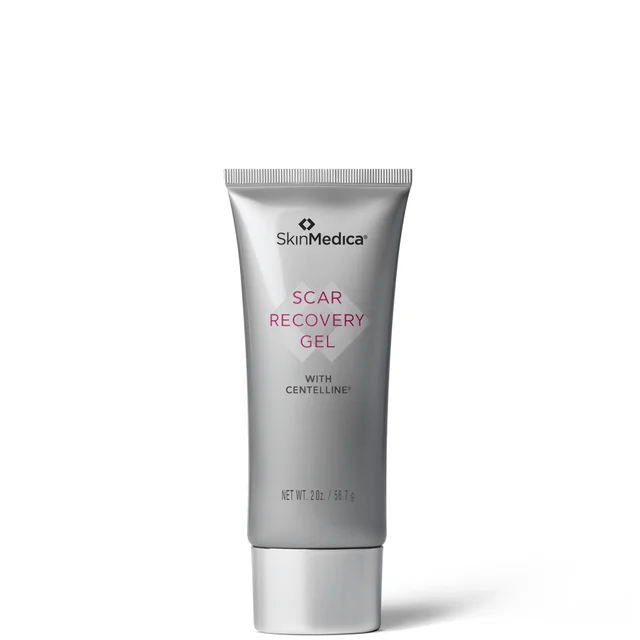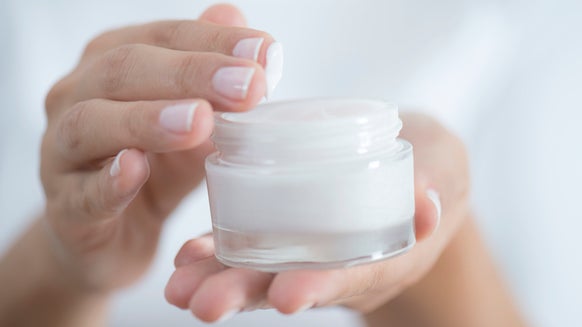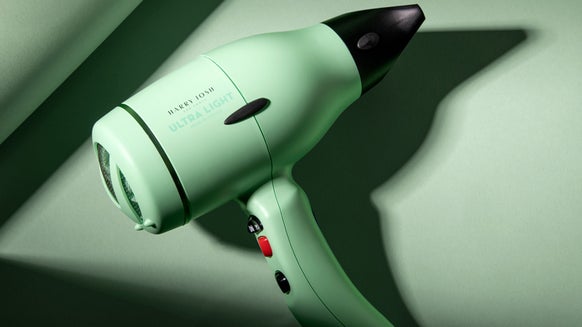How to Reduce Surgical Scars
Whether you had your appendix removed as a child or a C-section to deliver your first born, souvenirs from surgery are usually unavoidable. While surgery scars often fade naturally over time, how you care for them post-surgery can make a big difference to their overall appearance. How your scar ultimately looks depends upon how well it heals. Once the healing process begins, proper wound care, intensive barrier moisturizers and silicone gels can make your surgery scar less visible.
Wound Care
A common mistake most people make is to let the wound "breathe" immediately following surgery. If you do this, it will form a thick scab and then the new skin cells won't be able to migrate in and heal the wound. It's important to cover the wound immediately with various creams, ointments and gels to promote the healing process. You also want don't want to get the wounded area wet, since it can interfere with the scabbing process.
Petroleum Jelly
Wounds with scabs take longer to heal, so it's essential to keep the area well hydrated and the surrounding skin supple. While vitamin E cream is often hailed as the go-to for scar treatment, there is little evidence to suggest it makes a difference. Petroleum jelly is sufficient to keep the scar moisturized. Treat the area with a liberal coat of petroleum jelly before covering with a clean dressing to prevent germs from penetrating the wound. Also avoid any antibacterial creams, since many people can become allergic to topical antibiotics; that slows down healing, then wounds will be more likely to scar.
Silicone Gels
Over-the-counter silicone gels can improve the appearance of scars by increasing hydration and limiting over-production of collagen (although some collagen production is necessary), but watch out for scar gels that are little more than just silicone. Look for skin-healing ingredients and antioxidants such as quercetin in these formulations. Regular application of topical silicone gel can improve the texture, color and height of the scar, while also acting as a barrier against bacteria. Depending upon the size and severity of your scar, silicone gels also come in sheet form which can be applied to the skin for up to 12 hours a day, for several months.
Broad-Protection Sunscreen
While sunscreen may not be the first thing that springs to mind when you think about your scar, it's an essential step in the aftercare process. A broad-protection sunscreen with SPF 30 or above can help to reduce discoloration (or scar hyperpigmentation) and help your scar to fade faster after it has healed.
This article has been reviewed by board-certified dermatologist Dr. Emmy Graber.

From the latest hair and makeup trends to the best solutions for your skin issues, we've got all your beauty concerns covered!
Related Posts

What to Know Before Getting Botox, Fillers and Other Minimally Invasive Cosmetic Procedures

How to Get a Beach Body: Our Best Skin Care Tips to Get Your Body Ready for Summer







